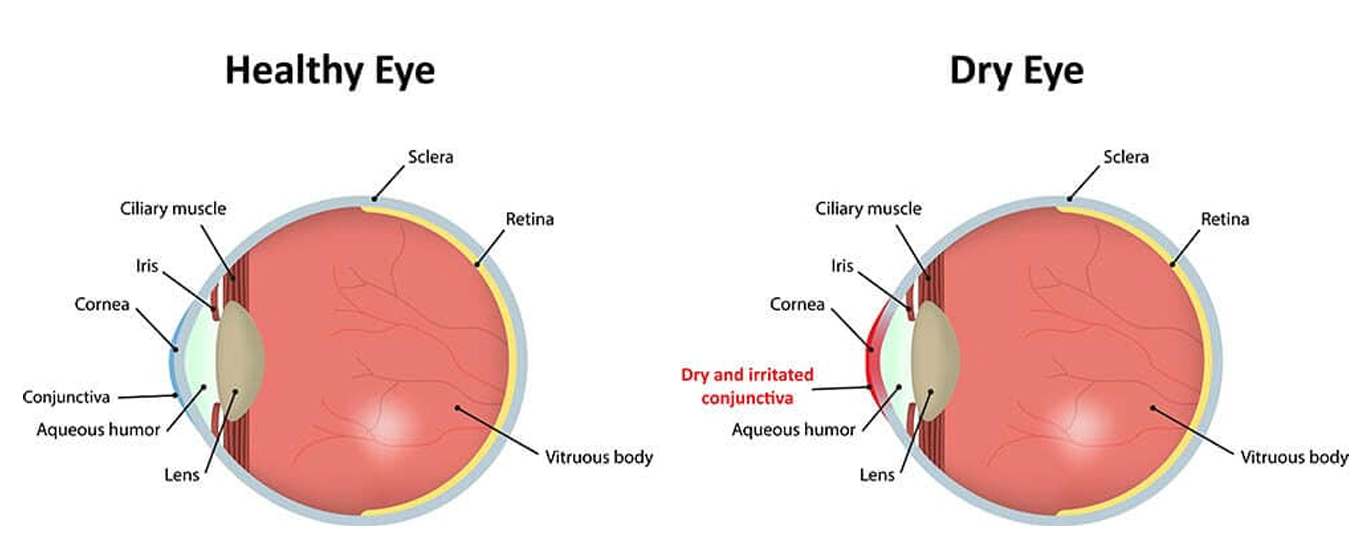All Categories
Featured
When it involves sunlight safety and security, most individuals concentrate on shielding their skin from hazardous UV rays. The results of UV radiation on your eyes are just as essential however often forgotten. Long term direct exposure to ultraviolet (UV) rays can cause various eye problems, several of which might lead to irreversible damage or vision loss. Whether you're outdoors on a sunny beach or taking a stroll on a cloudy day, recognizing just how UV rays affect your eyes and finding out how to protect them is vital for keeping healthy vision.
What Are UV Rays and How Do They Influence the Eyes? UV rays are a kind of unnoticeable radiation given off by the sun. There are 3 kinds of UV rays:
UVA Rays: These pass through deeply right into the skin and eyes, adding to long-lasting damage. UVB Rays: These are more extreme and can create surface-level injury, such as sunburn or corneal damage. UVC Rays: These are one of the most unsafe yet are absorbed by the Planet's environment and rarely pose a straight risk. Both UVA and UVB rays can harm different parts of the eye, including the cornea, lens, and retina.
Short-Term Results of UV Direct Exposure. Even a brief period of intense UV exposure can damage your eyes. An usual condition resulting from this is photokeratitis, typically called "sunburn of the eye." Signs and symptoms consist of:
Unpleasant or red eyes. Level of sensitivity to light. Extreme tearing. Momentary blurred vision. Photokeratitis is usually momentary yet acts as a suggestion of the immediate threats of UV radiation.
Long-Term Results of UV Direct Exposure. Collective UV exposure in time can lead to several severe eye conditions, consisting of:

Cataracts: UV rays speed up the development of cataracts, a problem where the lens of the eye becomes cloudy, bring about vision impairment. Cataracts are a leading root cause of blindness worldwide.
Macular Deterioration: The macula, a part of the retina in charge of central vision, can be harmed by prolonged UV exposure, enhancing the threat of age-related macular degeneration (AMD)
Pterygium: Commonly called "internet user's eye," this condition includes a growth of tissue on the white component of the eye, which can cross the cornea and hinder vision.
Pinguecula: UV exposure can create yellow-colored areas to base on the conjunctiva, leading to irritation and pain.
Skin Cancer Cells Around the Eyes: The fragile skin surrounding the eyes is highly susceptible to UV radiation, raising the threat of basal and squamous cell cancer.
Protecting Your Eyes from UV Damage. The great news is that protecting your eyes from UV radiation is straightforward and effective. Below are some crucial pointers:
Wear UV-Blocking Sunglasses. Choose sunglasses that obstruct 100% of UVA and UVB rays. Try to find labels indicating "UV 400" protection. Wrap-around designs give added protection, avoiding UV rays from going into from the sides.
Utilize a Wide-Brimmed Hat. A hat with a vast border can obstruct nearly 50% of UV rays, offering added protection for your eyes and the fragile skin around them.
Prevent Height Sun Hours. UV rays are strongest in between 10 a.m. and 4 p.m. Reduce your exterior direct exposure during these hours, or guarantee you're properly shielded if you require to be outside.
Shield Your Eyes Year-Round. UV rays exist year-round, even on over cast or snowy days. Snow, sand, and water can show UV rays, heightening their effects. Make sunglasses a part of your daily routine, despite the period.
Consider UV-Blocking Call Lenses. Several contact lenses now use UV security, which can be an added safeguard when coupled with sunglasses.
Encourage Eye Security for Children. Kid's eyes are a lot more at risk to UV damages since their lenses are more clear, enabling more UV light to get to the retina. Ensure they use sunglasses and hats when playing outdoors.
Arrange Normal Eye Exams. Regular check outs to an eye treatment expert are essential for checking your eye health. An eye doctor can discover very early indications of UV-related damage and suggest services, such as prescription sunglasses or UV-blocking glasses tailored to your demands.
Conclusion. UV rays might be unnoticeable, but their influence on your eye wellness is very genuine. From short-term pain to lasting problems like cataracts and macular degeneration, the risks of UV exposure are also significant to ignore. By putting on UV-blocking sunglasses, restricting your direct exposure throughout optimal hours, and organizing regular eye examinations, you can secure your vision and appreciate the outdoors safely. Keep in mind, your eyes are among your most valuable possessions-- take the essential actions to protect them from unsafe UV rays today.
Latest Posts
Discover WyHy FCU – Comprehensive Support for Your Financial Success
Explore Brake Repair & More: Comprehensive Repair Options from Montclare Auto Repair
Why Consistent Auto Maintenance at Montclare Auto Repair Reduces Costs
More
Latest Posts
Discover WyHy FCU – Comprehensive Support for Your Financial Success
Explore Brake Repair & More: Comprehensive Repair Options from Montclare Auto Repair
Why Consistent Auto Maintenance at Montclare Auto Repair Reduces Costs